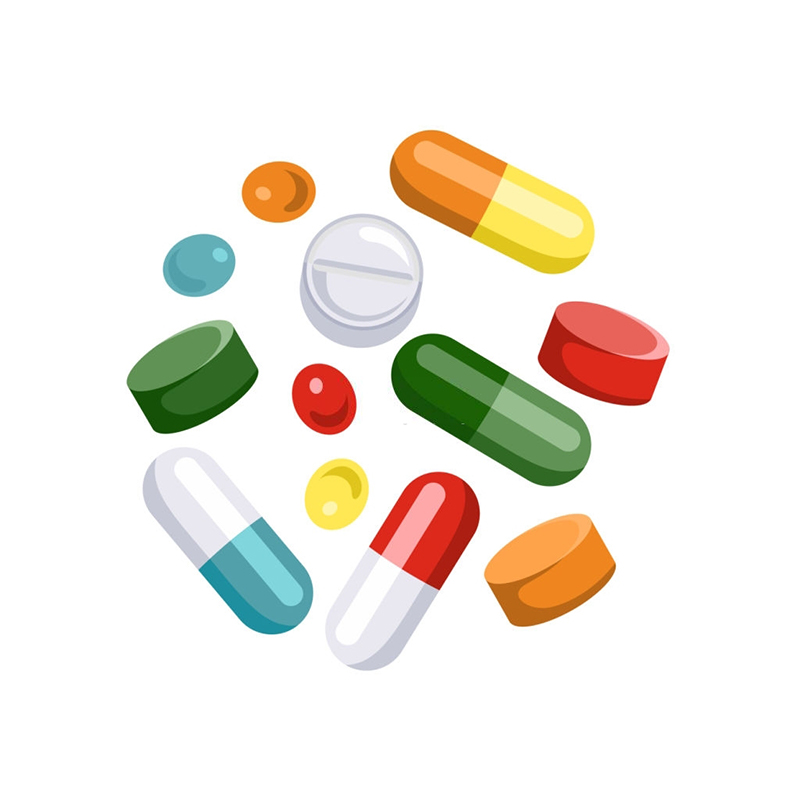Antibiotics can be an effective line of defense against bacterial illnesses. They’re incredibly effective at killing disease-causing germs. Unfortunately, they come at a price.
“Antibiotics are essential in the fight against bacterial infections,” says Henry Ford Health System internal medicine expert Jasmine Omar, M.D. “However, using these drugs might cause side effects such as nausea, drug allergies, antibiotic-associated diarrhea, and yeast infections.”
Antibiotics: Frequently Asked Questions
Antibiotics remain the most commonly prescribed prescription in the United States, but they are not necessary for all infections. Antibiotics don’t work for two of the most prevalent illnesses: colds and flu. probioticseverything.comprobiotic use with antibiotics
If you have an infection that necessitates the use of antibiotics, such as strep throat, bacterial pneumonia, or urinary tract infections, it’s critical to understand how these treatments affect your body both while you’re taking them and over time. probioticseverything.comprobiotic use with antibiotics
Because there is so much misunderstanding and controversy surrounding antibiotic use, we asked Dr. Omar to respond to some of the most often asked issues from patients. probioticseverything.comprobiotic use with antibiotics
Q: What is the mechanism of action of antibiotics in the human body?
A: Antibiotics operate by killing or inhibiting the growth of microorganisms. Most antibiotics, unfortunately, are unable to discriminate between healthy and dangerous bacteria. That means they can wreak havoc on the good microorganisms in your stomach. In reality, many people’s gut flora is permanently altered as a result of antibiotic use. probioticseverything.comprobiotic use with antibiotics
Q: Should I be concerned about medicine or food interactions while on antibiotics?
A: Antibiotics like metronidazole, for example, can interact with alcohol. It’s critical to avoid alcohol during therapy if you’re taking these drugs. Others, such as rifampin, can reduce the efficacy of oral contraceptives (birth control pills). We sometimes advise people to use a backup birth control method, such as a condom, while taking certain antibiotics to be safe. Make sure to read and follow the directions, as well as any warnings, that your pharmacist provides with your prescription. probioticseverything.comprobiotic use with antibiotics
Q: What are some of the most prevalent antibiotic side effects?
Antibiotics can modify the amount and kind of bacteria in the stomach considerably. Antibiotic-associated diarrhea, nausea, vomiting, and other gastrointestinal side effects can result from these changes in the gut microbiota. One of the reasons why doctors advise taking antibiotics with food is because of this. Antibiotic use can result in vaginal yeast infections. The vagina, like the gut, is home to beneficial bacteria that can be harmed by antibiotic treatment.
Q: Are some persons more susceptible to antibiotic side effects than others?
A: Of course. Consult your doctor if you experience any serious adverse effects. He or she may be able to give you tips on how to lessen them, or prescribe a different antibiotic with less side effects — or even medication to counteract the unpleasant effects. probioticseverything.comprobiotic use with antibiotics
Q: Which antibiotics are the most likely to cause adverse effects?
A: Antibiotics come in a variety of forms. Some are broad-spectrum, which means they can kill a variety of germs. Others are directed at specific bacteria species. Based on the type of infection you have and your medical history, your doctor will evaluate which antibiotic is appropriate for you. probioticseverything.comprobiotic use with antibiotics
Q: Why is it so important to have a healthy gut flora?
A: There are more than 100 trillion microorganisms in your intestines. They aid in the digestion of food, the maintenance of a healthy immune system, and the natural order of your bodily activities. Some doctors believe that taking probiotic supplements while taking antibiotics can help to reduce the negative effects on your gut flora while also potentially boosting your immune response. However, there is little evidence to back up this claim. Before taking probiotic supplements, see your doctor because they may be dangerous to those with immune system issues. probioticseverything.comprobiotic use with antibiotics
Q: What does the most recent probiotic study suggest?
A: There’s some evidence that taking certain probiotic strains, such as Lactobacilli and Saccharomyces, can help prevent antibiotic-related diarrhea. Unfortunately, the potential risks of taking probiotics are not addressed in this study. Probiotics may impede the normal recovery of the gut’s natural microbiota, according to a recent study. The basic line is that we still don’t know which bacteria are good and which are potentially hazardous.
Q: Do probiotics have specific dosing instructions?
A: No, not at all. Probiotics are often recommended by doctors to be taken a few hours after an antibiotic. The two prescriptions may otherwise cancel each other out. Some doctors advise waiting a few days after you’ve finished your antibiotic treatment before starting probiotics.
Q: How can I support my gut and immune system more effectively while on antibiotics?
A: Because there isn’t enough data to support the use of probiotics in conjunction with antibiotic therapy, your best bet is to eat foods high in good bacteria, such as yogurt, kefir, kimchi, and sauerkraut. Fiber-rich foods like nuts, seeds, beans, lentils, peas, and berries can also help to nourish the bacteria in your stomach. probioticseverything.com







